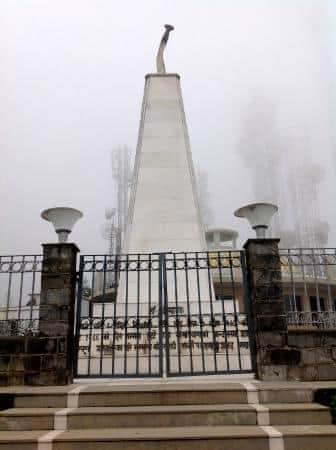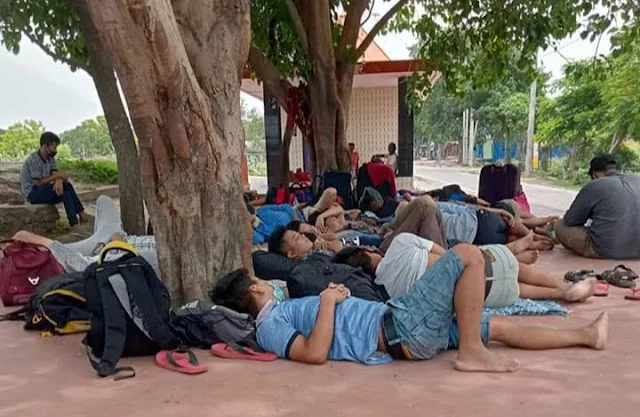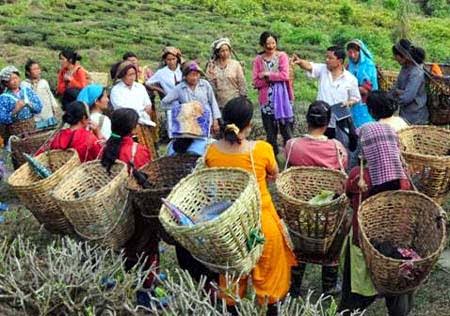The Government of Manipur passed the ‘Manipur People Act Bill 2018’ during the monsoon session of the state Assembly last week. The Bill paves the way for the implementation of Inner Line Permit in the state. A similar bill passed by the state assembly in 2015 had caused violent protest from the tribal people in the Hills District, leading to the death of 8 protestors in Churachandpur District and a political stalemate lasting for almost a year.
 |
| Bimal Gurung file photo |
While the Government avoided the mistakes of the past this time by initiating due consultation with the Hills Area Committee and taking the tribal people into confidence, the Bill has brought a sense of panic and insecurity amongst the non-indigenous minority citizens of the state. While there are very few protests reported in the media, the deep sense of fear prevailing amongst the people has prevented them from coming out strongly in protest of the Bill.
The following are some major point of concerns raised by the public:
– The Manipur People Act Bill passed by the State Assembly is not very different from the previous ‘Protection of Manipur People Bill 2015’ which was termed ‘anti-tribal’ by the Hill tribes of the state. The only change in the new bill is the inclusion of ‘Scheduled Tribes’ in the definition of ‘Manipur People’ and adding a provision that any interest to acquire land or property must get the consent of the Hill Area Committee.
– The cut-off year of 1951 is based on a non-existent ‘National Register of Citizens’ allegedly published in the year 1951. However, an RTI response has revealed that the Manipur government and directorate of census operations do not have records of the National Register of Citizens, 1951.
– The revised bill does not address the Central Government’s earlier objection that it violates the Article 19 of the constitution. Article 14 (4) & (5) is a fundamental right which grants each and every citizen of India ‘the freedom to migrate and settle in any parts of India.’
The definition of “Indian” as laid down by the constitution does not seem to apply in this Bill, which requires that all ‘non-native, non-ST/SC Indians’ should prove that they are descendants of people who were living in the state before 1951. Even if the Government had any census record of that time, there is serious doubt that the directory would include every single citizen living in the remote parts, given the accessibility challenges and lack of awareness and education during the time.
While the primary objective of the Bill is to protect the interest of the indigenous people of the state, there is no detailed provision that discusses how the native people rights will be protected through the law. Instead, it focuses more on the need to issue permits, and provisions of a Registration Authority to manage the permit issue and identification of unregistered non-locals. On hindsight, the bill looks more intended towards targeting those who are regarded as “non locals” residing in Manipur, rather than to actually restrict illegal migrations.
Every member of the public understands that the demand for implementation of an ILP-like system is the need of the hour in the wake of huge illegal immigration to the entire North East region. However, it is equally important that the Government instills a sense of security and concern for the people who are most affected by the Bill.
I therefore request the Hon. Prime Minister Narendra Modi ji, Hon. Home Minister Rajnath Singh ji, and Hon’ble Chief Minister of Manipur Nongthombam Biren Singh ji to kindly take necessary steps to protect the rights of all Indian citizens. I am most hopeful that the Government of Manipur will deliver justice and ensure that everyone living in the state feels protected and safe at all times.





